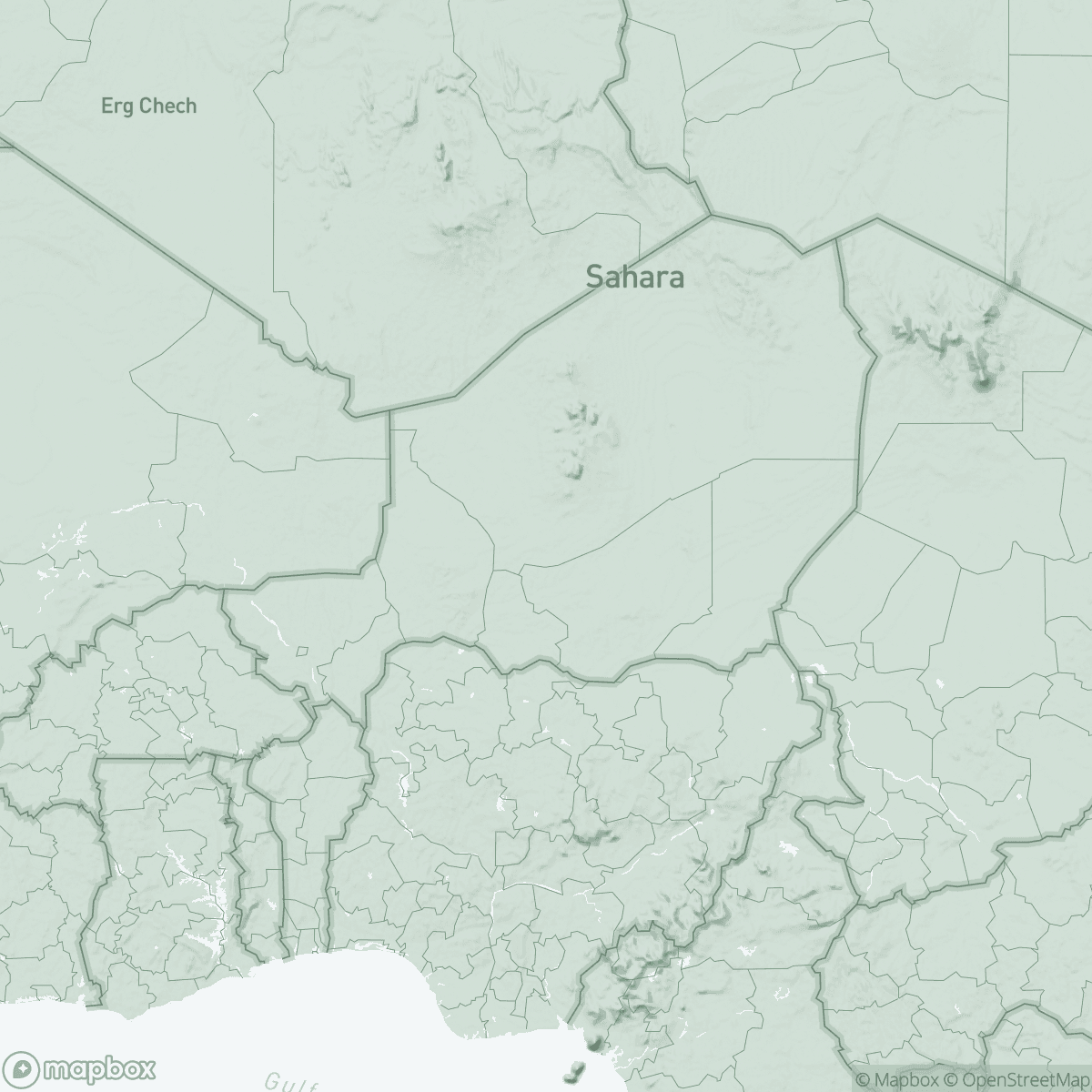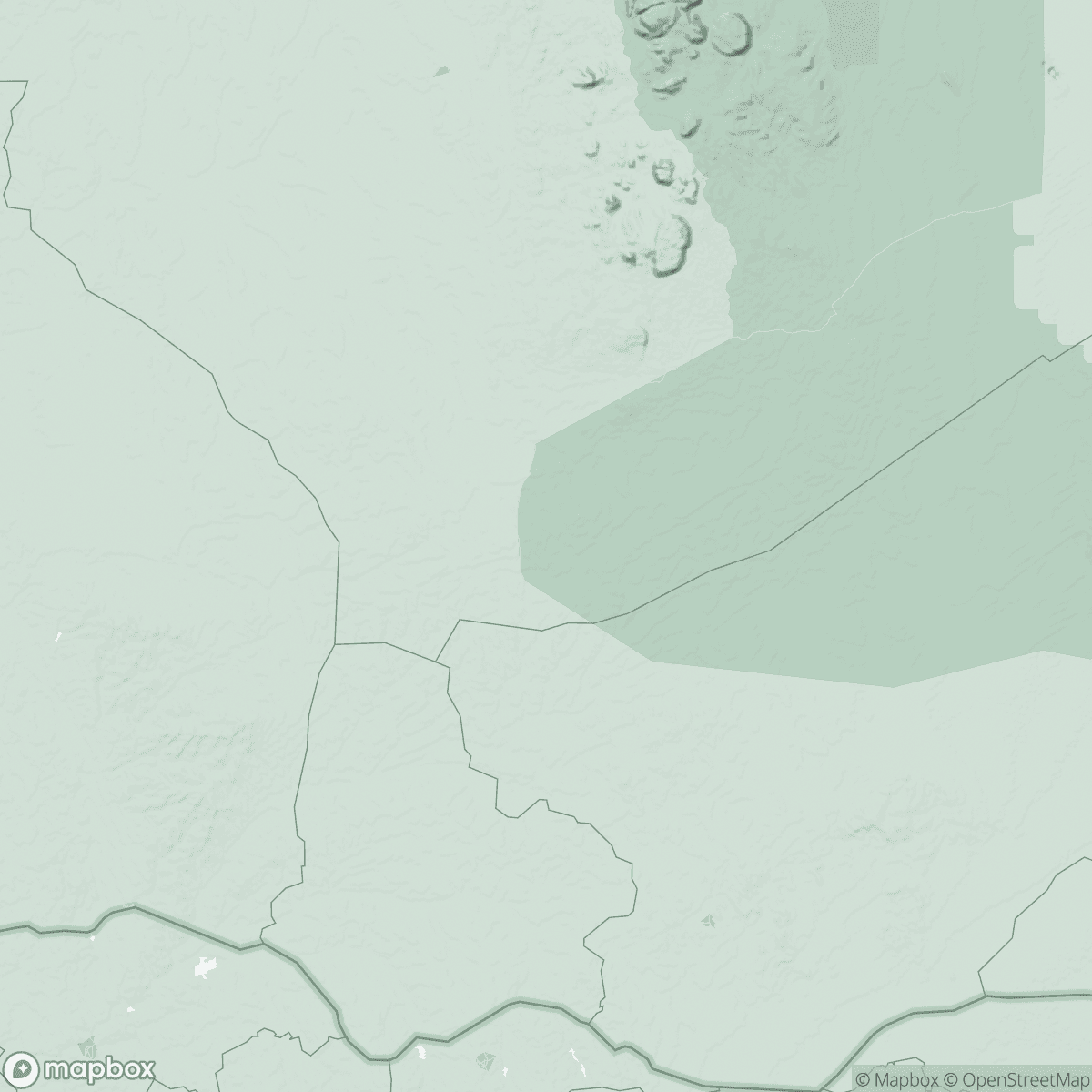
Indoor Residual Spraying to tackle Malaria peak season in magaria
In 1 click, help us spread this information :
Each year, from August to November, the pediatric unit run by MSF in Magaria hospital handles a significant increase in admissions, due to malaria and malnutrition. Since 2021, MSF in collaboration with local health authorities has implemented indoor residual spraying in Magaria health district to reduce the malaria incidence by killing the mosquitoes that transmit the disease.

Yahanatou has been in the pediatric unit at Magaria Hospital with her young daughter for three days. "I brought her here when she developed a fever. She was very ill when we arrived and couldn't eat because of her condition. Now, she's better. We live in the bush and struggle to find enough food. We don't have what we need to eat properly, which is why our children get sick so often." Yahanatou's daughter is just one of many children hospitalized during this time.
Starting in August, the peak in malaria, which often complicates malnutrition, led to hundreds of cases being admitted daily to the pediatric unit at Magaria district hospital. A multidisciplinary approach is being implemented not only to manage the current situation but also to take preventive action to reduce the exponential rise in malaria cases.
Since 2021, MSF, in collaboration with Niger's National Malaria Control Programme, has been organizing indoor residual spraying campaigns in the Magaria health district of the Zinder region. In villages with the highest malaria rates, homes are sprayed at the onset of the peak malaria season.
Pararou Franck, a father of seven, lives in Adamawa, one of the 25 villages targeted by this spraying campaign. MSF sprayers visited his village a few days ago.
We are very happy that our houses have been sprayed. There used to be many illnesses caused by mosquitoes. The situation has now changed because the mosquitoes have disappeared from our homes," says Pararou, expressing his delight.
The insecticide used in the campaign has been approved by the Ministry of Health to last for estimated three months and poses no danger to the people living in the villages concerned. It is used exclusively to eliminate flies and other harmful insects, thereby improving living conditions.
Every day, when we clean our homes, we sweep up dead insects. It's a real relief," says Pararou.
In 2024, the spraying campaign will impact around 30,000 people across the 25 target villages.
"These spraying campaigns aim to reduce the mosquito population in these intervention zones, with the goal of decreasing the number of people who may need hospitalization in health facilities, such as integrated health centers and hospitals."
As part of our communication efforts, we are also raising community awareness about the importance of improving village hygiene to address mosquito breeding at the community level" explains Fousseni Bamba, Water, Hygiene, and Sanitation Manager.
Tackling the peak in malnutrition and malaria
Over 100 local community members are trained and equipped to carry out the spraying during the eight-week programme. During each malaria peak season, MSF teams expand the capacity of the pediatric unit from 150 beds in the regular season to over 450 beds. Consequently, the number of health staff is increased proportionally to the workload, ensuring quality care for patients.
Additionally, climate change, with its effects like heatwaves and floods throughout the Sahel region and particularly in Niger, is impacting the behavior and survival of Anopheles mosquitoes, the carriers of malaria. These conditions facilitate the survival and proliferation of mosquitoes, contributing to the ongoing transmission of the disease.
Increasing numbers of malaria admissions
Magaria is one of the localities in Niger where malaria incidence is particularly high. Since 2005, MSF has intensified its support to the health district during the rainy season, a period marked by a surge in malaria and malnutrition cases.
After three years of implementation, the Indoor Residual Spraying (IRS) campaigns in the Magaria district have seen growing community involvement. Working closely with various stakeholders, such as the Ministry of Health, religious and local leaders, and the media, MSF has promoted the benefits of IRS and built trust within communities to ensure high uptake and effectiveness of the programme.
As a follow-up to the spraying activities, MSF will partner with the Ministry of Health's specialist services to conduct a field study on the effectiveness of reducing mosquito density.
Since 2005, MSF teams have been present in the Magaria district (Zinder region) and intervened for the first time in response to a malnutrition crisis. They provide free pediatric care for children under the age of 5, particularly for malaria and malnutrition.
In 2023, MSF treated 410,200 cases of malaria in Niger.
In Luxembourg: a forgotten crisis, brought to light again thanks to the mobilisation of high school students
Despite its devastating impact, malaria remains a largely forgotten crisis on the international stage. In 2022, the disease affected 249 million people and caused more than 600,000 deaths, mainly among women and children under the age of 5. Yet this alarming reality is rarely at the heart of global public health priorities. Malaria suffers from a lack of visibility, partly due to the geographical concentration of cases in poor and marginalised regions, such as sub-Saharan Africa. This lack of media coverage and international mobilisation perpetuates a cycle of neglect, leaving millions of lives vulnerable to a preventable and treatable disease.
It was against this backdrop of malaria neglect that the ‘Call to Action’ initiative, organised by MSF Luxembourg with pupils from the Fieldgen secondary school, took on its full meaning. This solidarity competition invited young people to get involved in the malaria crisis by encouraging them to create communication media - posters, podcasts, videos - to raise public awareness of this neglected disease. By focusing on malaria, the students not only deepened their knowledge of a humanitarian crisis that affects millions of lives, but also took part in a civic initiative aimed at breaking the silence surrounding this issue. Their commitment reflects a desire to restore visibility to this crisis, while illustrating how young people can play a key role in the fight against forgotten diseases.





